RANGAMATI, May 23 (V7N) – A sudden move to revive the "Hill Administrative Code," previously declared a "dead law" by the High Court, has sparked considerable concern within the Chittagong Hill Tracts (CHT). Local observers fear that this development, occurring amidst a delicate political climate leading up to national elections and pressures on the interim government, could further destabilize the region.
Multiple sources confirm that a prominent group in the hills has been intensely lobbying to bring a review petition concerning the code to a hearing in the Appellate Division on Thursday, May 22.
The review petition was originally filed in 2018 after the High Court declared the "Chittagong Hill Tracts Administrative Code of 1900" to be a "dead law." While several hearings ensued, the matter eventually fell off the agenda. However, news has recently circulated in the hills that the Supreme Court's Appellate Division review petition regarding the "Chittagong Hill Tracts Administrative Code-1900" has been listed for a hearing.
Leaders of several Bengali organizations have expressed concern and bewilderment over this sudden push to re-list a petition concerning a law repeatedly deemed "dead" by the court. An online news portal has reported that a hill chief has been conducting frequent meetings in Dhaka, including with a tribal lawyer of the Supreme Court. The report suggests that top hill leaders, supported by the CHT Headman Network, tribal lawyers, human rights activists, and left-wing leaders, are actively working in Dhaka to facilitate the review petition's hearing. They have reportedly engaged a senior Supreme Court lawyer and a former deputy attorney general, with a circle chief also negotiating with high-level government officials. This team has been observed in contact with several advisors to the interim government and sympathetic influential circles.
The "Chittagong Hill Tracts Administrative Code of 1900" was termed a "dead law" by the High Court several years ago, following separate writ petitions by private entities Rangamati Food Products Limited and Waggachhara Estate Limited. This ruling was initially seen as easing tensions in the hills by addressing laws that conflicted with the country's constitution. The British colonial rulers introduced the 1900 code to simplify their administration of the CHT, effectively sidelining existing state laws. Critics argue that this special rule, inconsistent with a blood-won independent territory's constitutional provisions, has continuously fueled tensions and a duality between rulers and citizens, contributing to instability in the hills.
Despite attempts to establish peace through the Chittagong Hill Tracts Agreement after more than two decades of conflict, the past two and a half decades have shown that lasting peace remains elusive, largely attributed by locals to domestic and foreign intrigues that have consistently utilized the Administrative Code as a tool to maintain turmoil.
In 2003, in a case involving Rangamati Foods Product Ltd., the High Court bench ruled the 1900 code to be "dead law" or ineffective. This judgment, which declared the British-made code in conflict with various constitutional provisions, was subsequently included in the DLR. The state, however, filed a review petition against this judgment.
Later, in 2014 and 2016, the full bench of the Supreme Court issued rulings in two separate cases. On November 22, 2016, the court again ruled that the Hill Administrative Code is a valid and legal law. Additionally, in another case involving Wagga Chara Tea Estate, the Supreme Court ruled in favor of this administrative code on December 2, 2014.
Aggrieved by these developments, in 2018, Abdul Aziz Akhand and Abdul Malek, residents of Khagrachari district, filed a review petition on behalf of the Bengali community in the Supreme Court. After several hearings, the high court overturned the previous verdict, again declaring the "Chittagong Hill Tracts Manual-1900" as "dead law." People in the hills believed this historic verdict strengthened state power in the CHT. However, with a review petition now filed against that verdict, the matter remains under the court's jurisdiction.
Multiple sources claim that a "sinister group" is pressuring the government to reinstate the "Chittagong Hill Tracts Administrative Code," seeking to place the CHT outside the purview of the Bangladeshi constitution. This alleged conspiracy, backed by foreign powers and certain organizations, is seen as directly contributing to ongoing conflict in the hills.
Several Bengali leaders in the hills assert that if the "1900 Code of Administrative Procedure" is reinstated and the CHT governed outside the constitution, it would threaten the country's integrity. They claim that enforcing this code would severely impact the hills, exacerbating problems and potentially paving the way for the expulsion of non-Chakma communities.
They further warn that if the CHT regulation is re-enacted, the land rights of the government and Bengalis in the hills would be severely curtailed, and the achievements of the past two decades under the Hill Tracts Accord would be jeopardized. Security force activities in the three hill districts would be further limited. With headmen, Karbaris, and circle chiefs gaining unlimited power (in contrast to their current cooperation with Bengalis), the hill people would reassert traditional land rights, potentially leading to renewed turmoil instigated by regional armed groups.
END/AMR/RH/



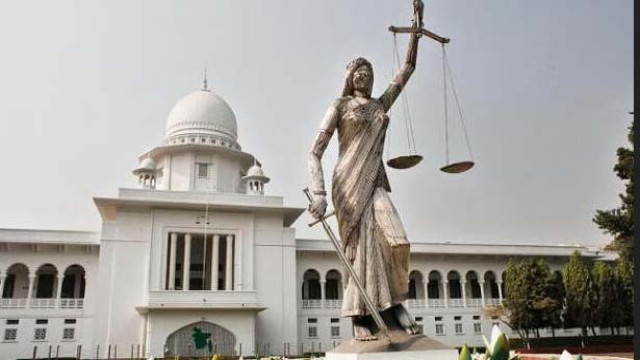
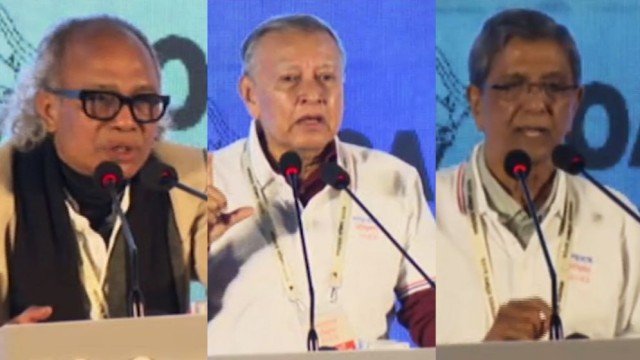



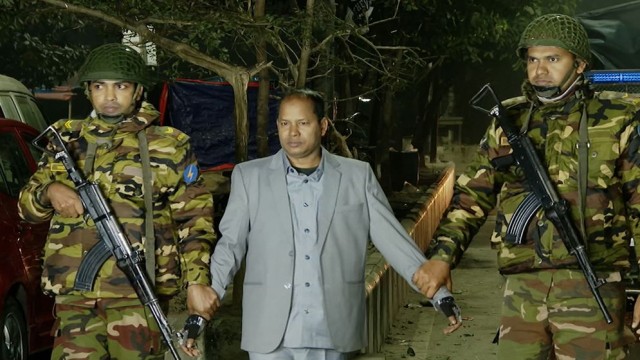
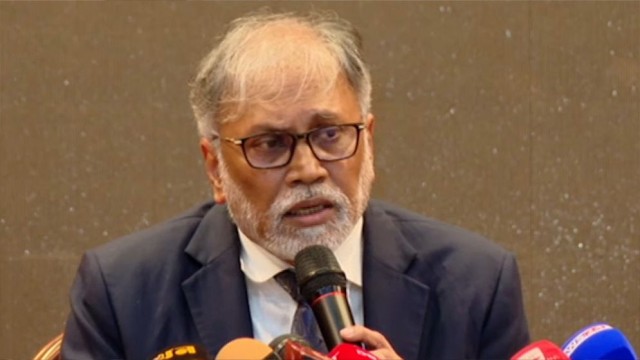
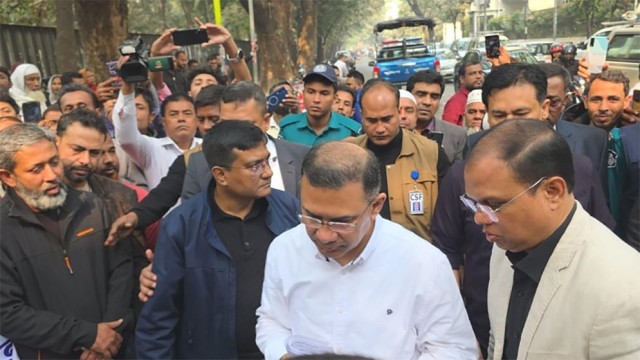

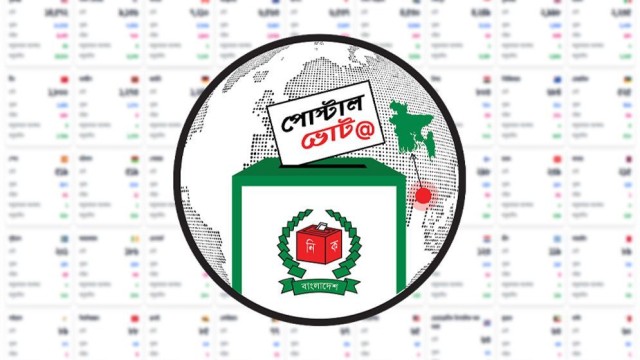
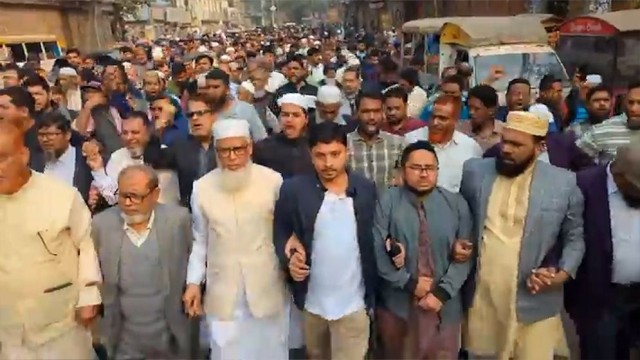
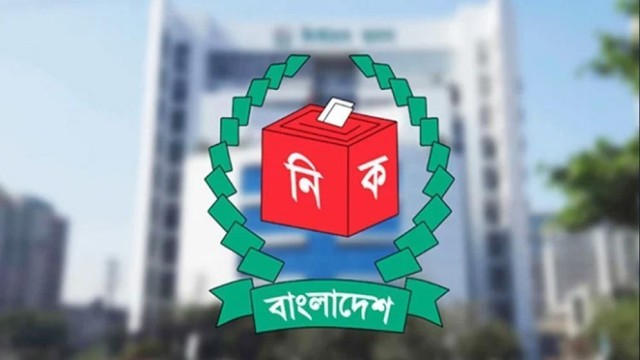

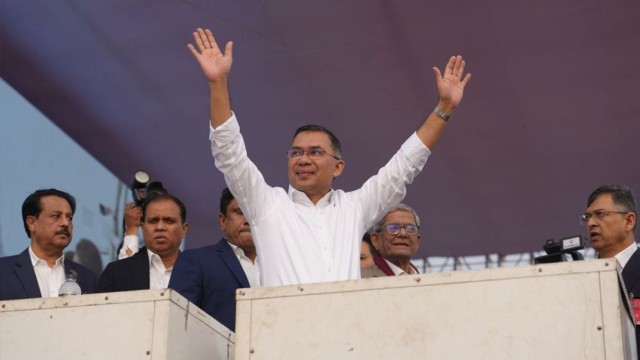
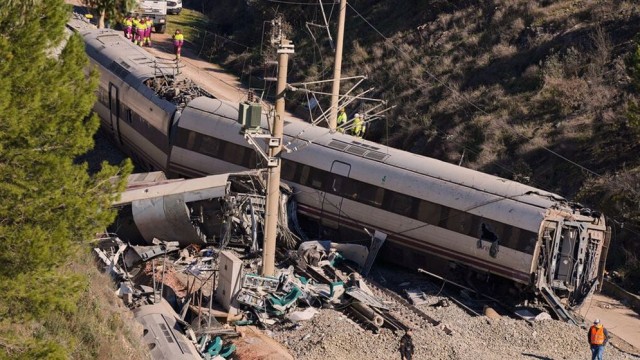

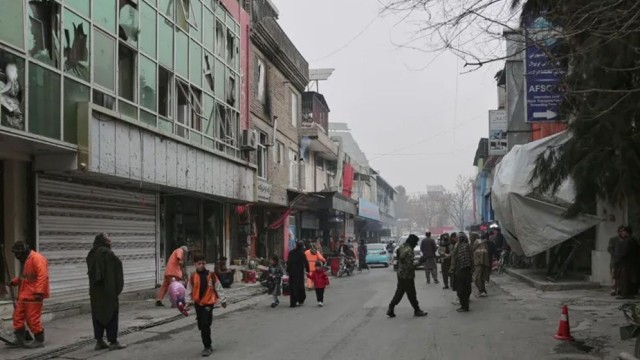





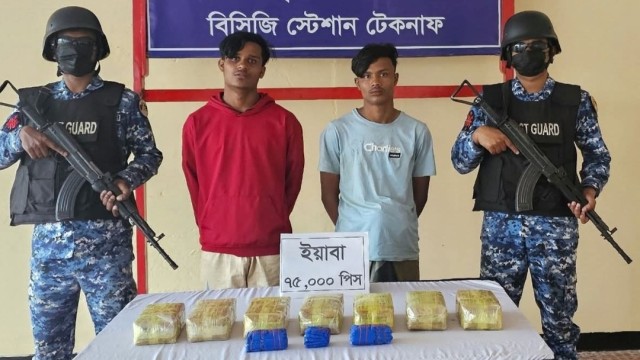





Comment: